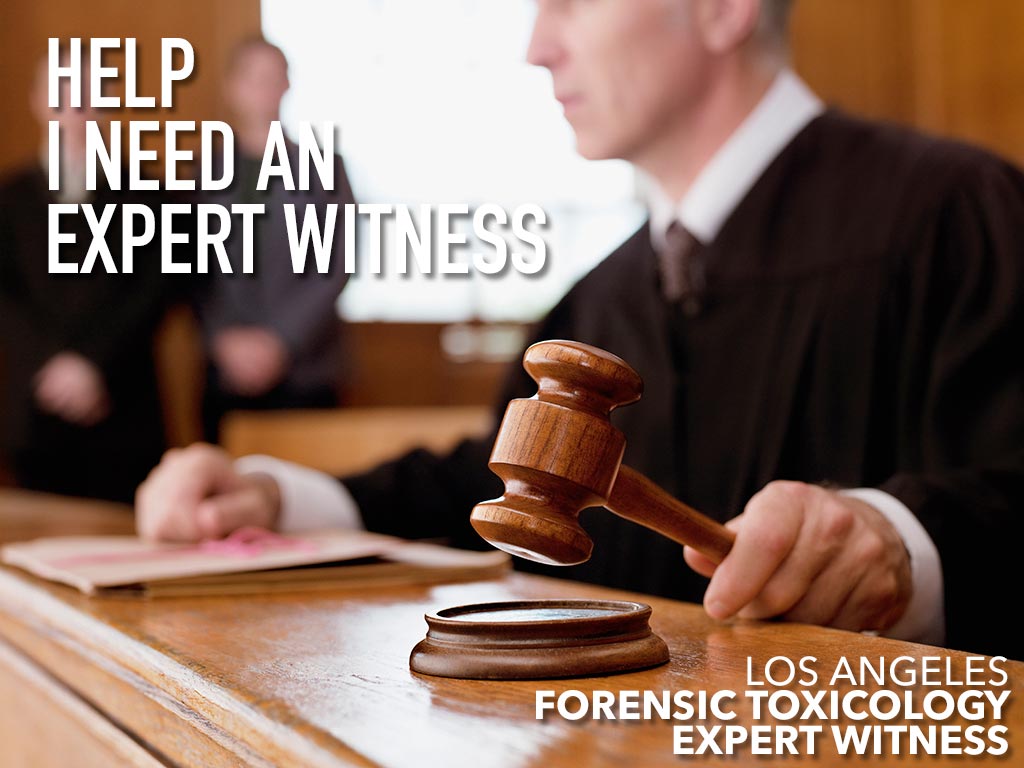Help – I Need An Expert Witness

An important thing any professional learns while studying their field is when to call an expert. Whether you are a doctor, engineer, historian, or architect, there will always be some aspect of your field that you will need to refer to someone else’s better qualified judgement. It is the same for lawyers. Although your council may be well versed in the specific aspects pertaining to your case, there are always some points that can be better corroborated by a professional. Enter the expert witness.
The first question asked by the client is, do I need an expert witness? While this is usually best answered by the lawyer, a good dipstick is to see if there is any profession specific evidence that can be either corroborated or countered by a professional. Let’s take something like blood alcohol (BAC) levels for example. If the client is being tried for having exceeded the allowed blood alcohol level, an expert witness like Okorie Okorocha can review the test results and give his professional opinion on the validity of the test results and the accuracy of the experimental method used. Based on the evidence he can advise the council as to the best way to plead.
What is important to realize is that the client cannot hire the expert witness personally. He or she has to be hired through the client’s representative lawyer. The client may request hiring an expert witness, or the lawyer may suggest it, but either way the client is liable for the expert witness’s retainer. way Usually the lawyer contacts the expert witness and gives a brief summary of the case; checking if the expert has a conflict of interest. If the expert agrees to give evidence, a confidentiality agreement is signed, and the expert is sent more thorough case information (such as laboratory reports).
Sometimes it is useful to hire an expert so as to prevent him or her from testifying for the opposition. To continue the blood alcohol example – Okorie Okorocha is a prolific forensic toxicologist and has testified in over 200 different cases. He holds two masters degrees and his professional opinion is highly regarded by the courts. As your opposition he would prove a formidable witness. Therefore, to hire him to review the case evidence (not necessarily testify) would ensure his support and put your case on a firm footing.
That said, not all experts are created equally, and the old adage, you get what you pay for applies. If you want reliable, trustworthy evidence, you need to hire someone who is well qualified and well experienced. The testimony and advice provided by an expert witness can either make or break your case, and can prove pivotal to swaying the jury. Often the clarifications presented by the expert “unlock” the evidence to the jury making it easier for them to understand, relate to and therefore pass accurate judgement.
Hopefully by now you have a clearer picture of the role an expert witness can play in your case, whether or not you actually need one, and how to go about employing one. For any further information relating to DUI or toxicology, don’t hesitate to contact Okorie Okorocha.




